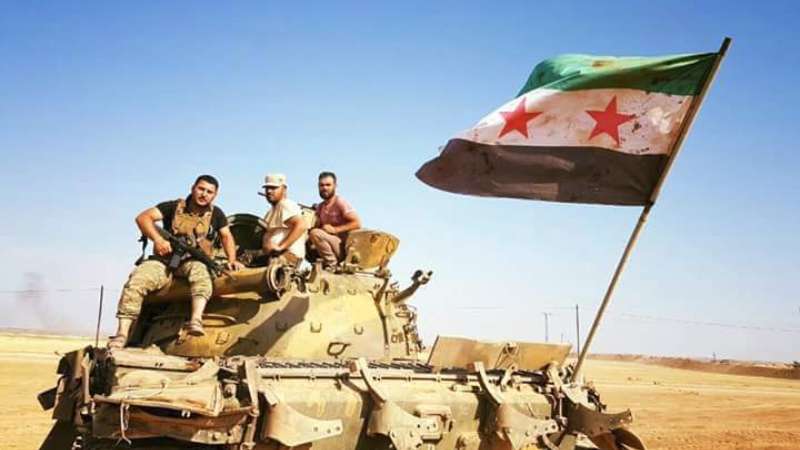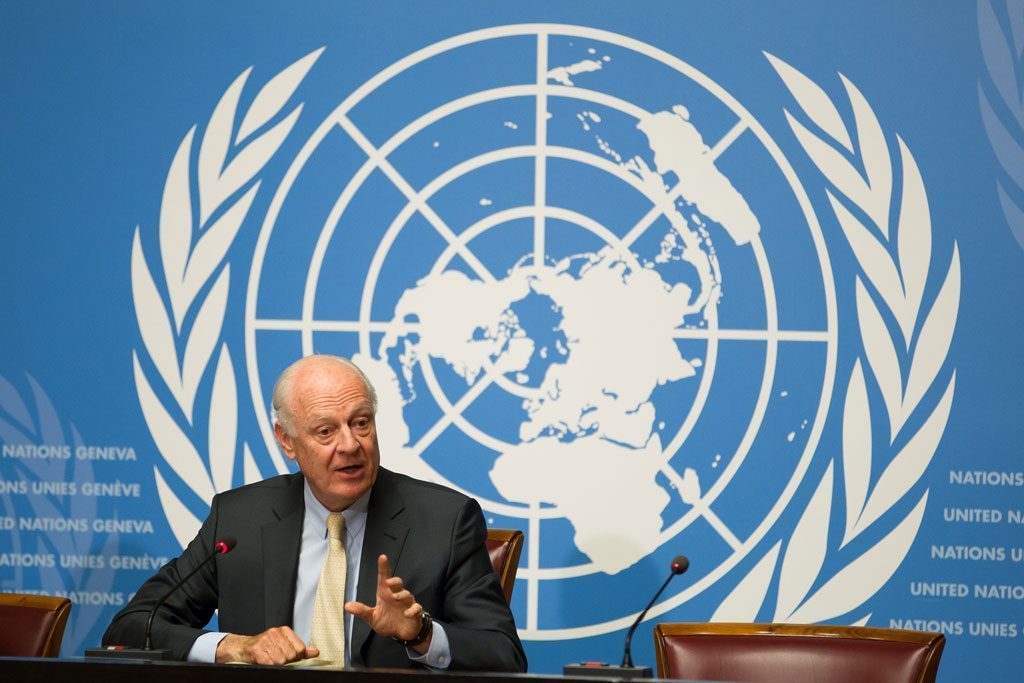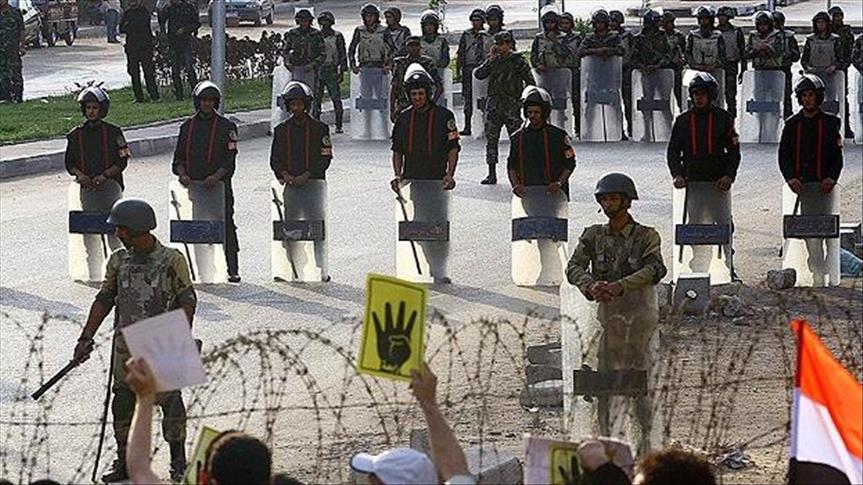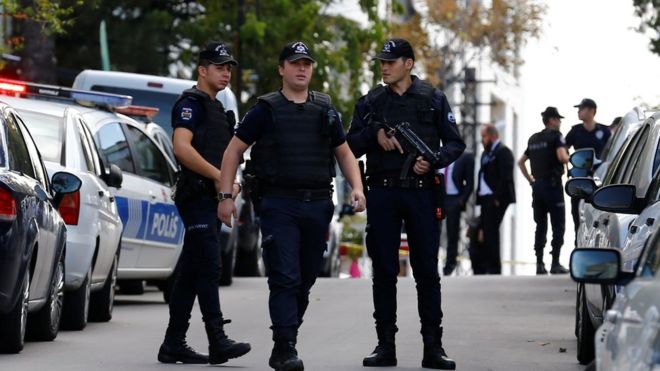
The latest advancement for YPG Kurdish militias and controlling most in Hasaka city alarmed the Turkish government, as Turkey labels them as arms of the terrorist organisation PKK.
The Kurdish YPG militia, who are backed by US under the term of fighting against Islamic State, already controls large parts of northern Syria where Kurdish groups have established de facto autonomy, as they used the weakness of government forces their after the start of Syrian crisis.
YPG-controlled areas of northern Syria include an uninterrupted 400 km (250 mile) stretch of the Syrian-Turkish border from the eastern frontier with Iraq to the Euphrates river, and a pocket of territory in northwestern Syria.
Syrian rebels backed by Turkey said they were in the final stages of preparing an assault from Turkish territory on the Islamic State-held Syrian border town of Jarablus, aiming to preempt any YPG attempt to take it.
“We will give every kind of support to the Jarablus operation. This is important for our own security,” Turkish Foreign Minister Mevlut Cavusoglu told a news conference.
Turkey is focused on preventing the YPG or its allies building on recent advances against Islamic State by capturing the town of Jarablus. The U.S.-backed Syria Democratic Forces alliance (SDF), including the YPG, captured the city of Manbij, just south of Jarablus, from Islamic State earlier this month.
Turkish Deputy Prime Minister Numan Kurtulmus told broadcaster NTV that northern Syria should not become the domain of one group alone and that a “secure zone”, an internationally policed buffer area Turkey has proposed in vain in the past, should be reconsidered.
Read more: Kurdish militias win battle with Assad regime, agrees ceasefire
Turkey has been shelling Islamic State positions in Jarablus as part of an effort to help allied Syrian rebels secure it. Rebel sources say they have been mobilizing in Turkey, ready to cross into Jarablus.
Authorities in Karkamis, the Turkish town across from Jarablus, offered residents free transport to leave after repeated shelling from the Syrian side of the border.
At least seven mortars landed in the town, a Reuters witness said, while a drone hovered overhead and armored military vehicles patrolled the border. Broadcaster CNN Turk showed live footage of people leaving Karkamis, which the correspondent described as a ghost town.
A Syrian rebel with one of the Turkey-backed groups said the fighters were waiting for the signal to enter Jarablus.
“The Turkish artillery has not stopped … this is to create the right atmosphere to start the battle of liberating Jarablus,” said the rebel, who declined to be identified.
A second rebel familiar with the preparations said around 1,500 fighters were now gathered at a location in Turkey to take part. “The plan is to take Jarablus and expand south … so as to abort any attempt by the Kurds to move north … and so that Kurds don’t take more villages,” he said.
The leader of the newly declared “Jarablus military council”, set up with the aim of mounting its own campaign to seize Jarablus with SDF support, was assassinated on Monday, the Observatory said. A Kurdish official said two “agents of Turkey” had been detained over the killing.
Kurdish militias or ISIS ?
Taking Manbij could cut ISIS main access route to the outside world, paving the way for an assault on their Syrian capital Raqqa. However, the Kurdish militias have bigger plans for the area as they seek their autonomy.
The autonomous federation being planned by Syrian Kurdish parties and their allies is taking shape fast: a constitution should be finalized in three months, and possibly sooner, to be followed quickly by-elections, a Kurdish official said.
The political federation for northern Syria builds on three self-ruled regions carved out by the YPG since Syria descended into conflict in 2011 in an uprising to topple President Bashar al-Assad. It has already grown, expanding last year to include the town of Tel Abyad that was captured from Islamic State by the YPG in October.
In fact, Kurdish militias use US support to launch offensives against new areas under the term of fighting ISIS, while the force the Arab citizens to flee their homes, so the Kurdish militias can force control over new areas and add it to their contents.
They are accused of making ethnic crimes against Arab citizens in northern Syria.
Syrian Kurdish groups have made no secret of their aim to link up their two autonomous regions, or cantons, in northeastern Syria with one further west – Afrin. All that’s preventing them was the 80 km stretch of territory at the Turkish border held by ISIS near Manbij and further west by rebel groups that are hostile to the YPG.
The plan had taken on even greater significance since the Syria Democratic Forces alliance secceeded in taking Manbij from ISIS hands.



